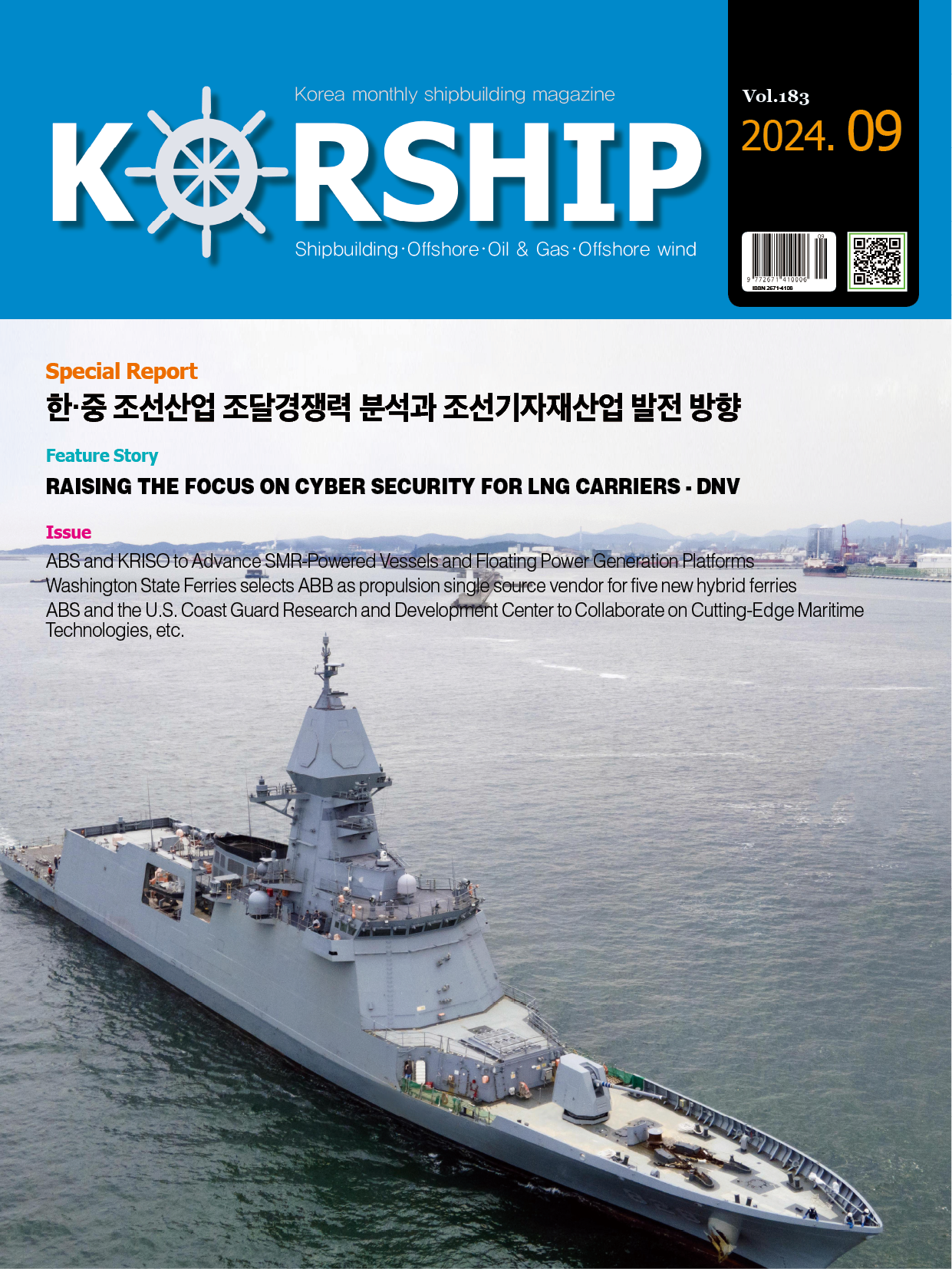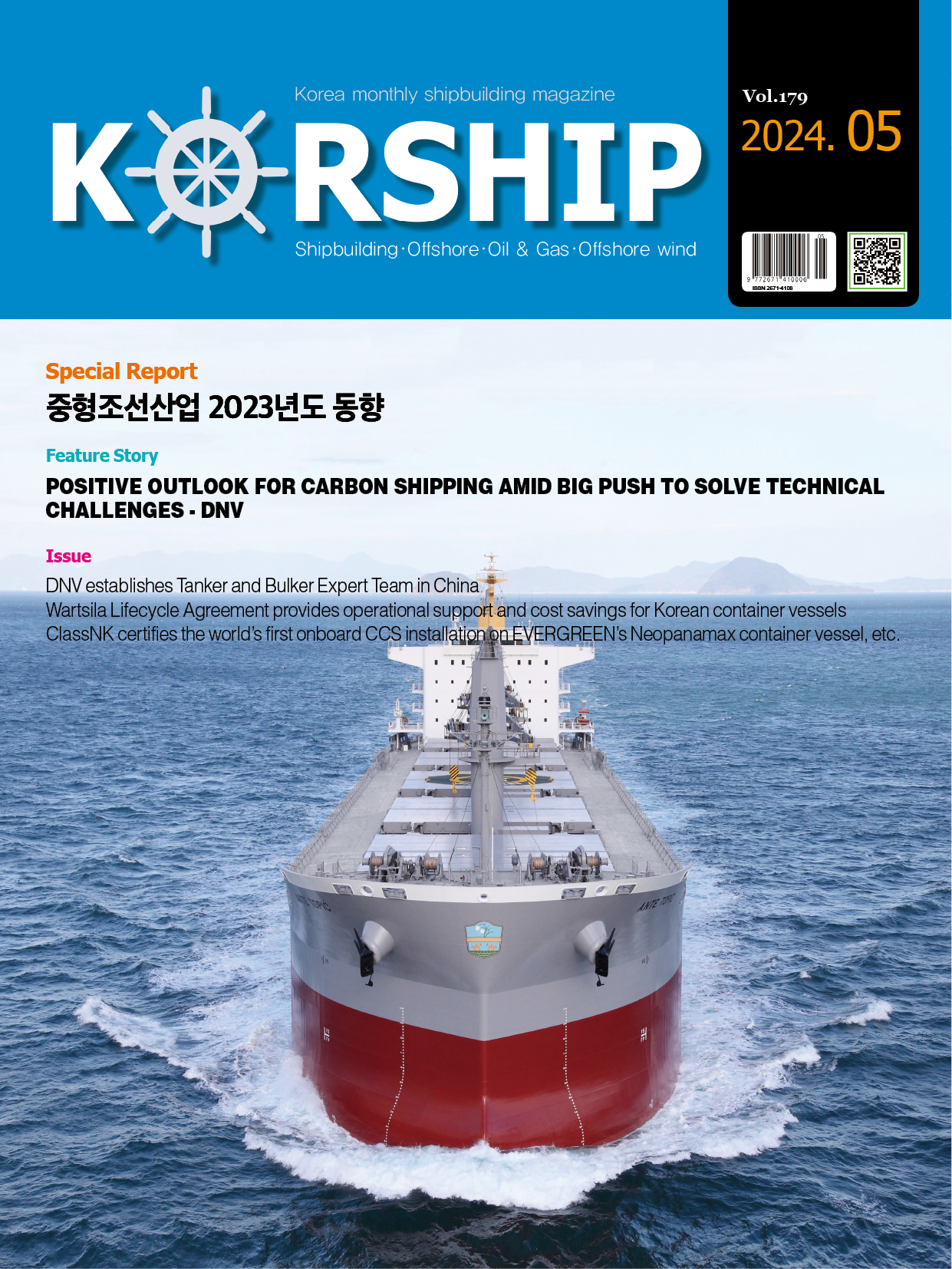Business News Results of Conference “Containers and Container Transportations. Topic…
페이지 정보
작성자 최고관리자 댓글 0건 조회 3,360회 작성일 19-05-24 22:04본문

On 20 – 21 February 2019 the Conference “Containers and Container Transportations. Topical Matters, Ideas, Solutions” arranged by Russian Maritime Register of Shipping(RS, Register) was held in St. Petersburg.
Speaking at the opening, Konstantin Palnikov, RS Director General, noted the RS biennial Conference attracting ever-growing audience. This year the representatives of 95 container-related organizations have been joined together by the professional forum. At the Conference, the industry representatives – design organizations, manufacturers of equipment, materials and components, operating companies and scientific institutes have an opportunity to share best practices and discuss current issues of container transportation. The open dialogue facilitates promotion of initiatives, implementation of technical innovations and search of joint decisions on the development of transport logistics and the industry in general.
At the Conference, a number of companies presented the novel solutions. Inter alia, KOTTA-container reported of an innovative technology of bulk cargo transhipment using a novel bottom discharge container designed for functioning as a freight car, store and grapple. Safe Technologies Industrial Group presented transport-refueling complexes for space industry, including tank containers for rocket fuel transportation. ICT(Innovative Container Technology) introduced 20-foot ISO containers for transportation of packaged goods, liquid and bulk cargoes, which adaptable design allows for changing the cargo type.
Eurotainer reviewed the world market of tank containers mainly produced in China: 83 % accounts for CIMC, Nantong Tank Containers, Singamas and CXIC Group. The major company CIMC, which share of the world output amounts to 56 %, was a participant to the Conference. The Register cooperates with all the largest Chinese manufacturers and the Russian companies operating this equipment.
Development of tank container market was reported by UNICON 1520 specialized in arrangement of transportation services and multimodal logistics of liquid cargoes, including dangerous goods. Infotech Baltika M, which tank container fleet is amounted to 20 % of the total equipment operating in Russia, shared two-year experience in pilot operation of a tank container made of fiber-reinforced plastic(FRP): the container showed itself reliable, easy-to-operate and easy-to-repair, demonstrated a number of predicted advantages against the steel equivalents. Even though this equipment is highly sought on the market of dangerous goods’ transportation, its application is not permitted in international marine transportation due to absence of the necessary international requirements. For addressing the issue, on behalf of the Russian Federation a note was sent to the UN Sub-Committee of Experts on the Transport of Dangerous Goods(TDG Sub-Committee) related to introducing the applicable requirements to the UN Model Regulations and subsequently to the IMO normative documents. The document will be reviewed in UN on the 55th session of TDG Sub-Committee in late June – early July.
A representative of Skolkovo Institute of Science and Technology(Skoltech) stated that the FRP application is currently central both for manufacture of tank containers and production of shut-off valves from these materials, since the service life of steel fittings is very short (one year on the average) and they require continuous replacement or repair. However, application and manufacture of the FRP fittings in Russia is restricted by lack of the required normative documents, as well as of calculated and experimental justification for them. This problem may be solved by the experimental digital certification platform developed by Skoltech within the National Technology Initiative of Russia that is capable of creating digital models of the materials and products, predicting their condition and failure probability with regard to all possible flaws, estimated service damages and environmental impacts.
The Conference focused on offshore containers since development of oil-and-gas projects in open sea resulted in flashy growth of this sector. These containers are distinctly different from those of ISO series 1: they are characterized with high strength, reinforced frame, capacity for operation in adverse conditions(reloading in open sea), not standardized by mass and dimensions, therefore they are not covered by the Regulations on Transportation of Goods in Containers but by the requirements of MSC/Circ. 860, EN 12079 series standards, as well as ISO 10855 series standards developed with the RS participation and entered into force in 2018. However, the national normative documents shall be developed for their safe operation, containing, inter alia, the procedures for effective lashing of these containers on board the ship with regard to stability calculations, rolling criteria, etc.
At the Conference, the specialists focused also on safe transportation and prevention of container loss at sea, issues of development of the reefer container market, implementation of a digital component to container transportation management scheme.












